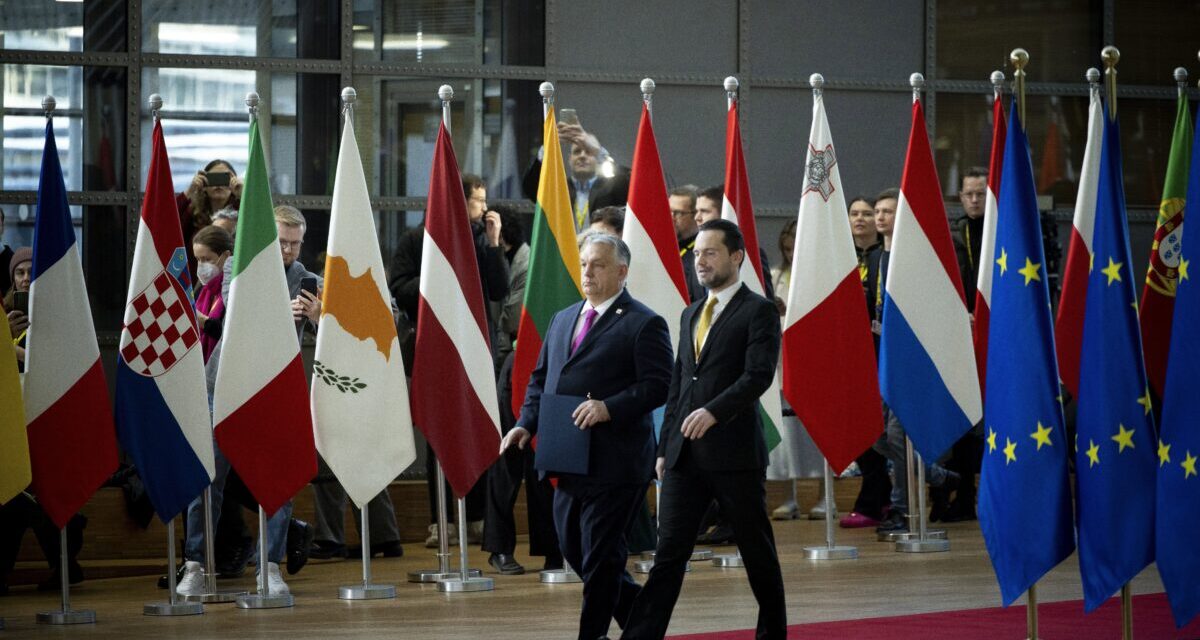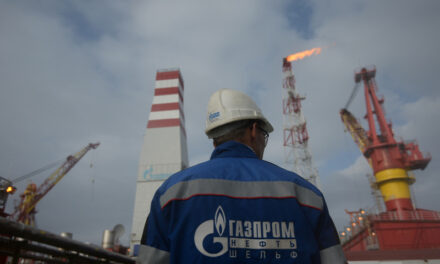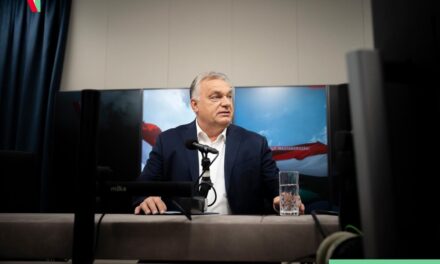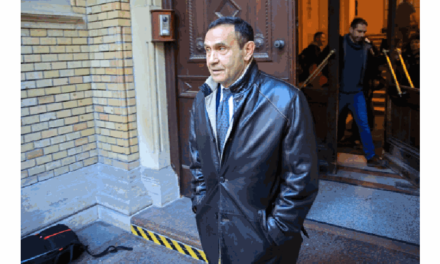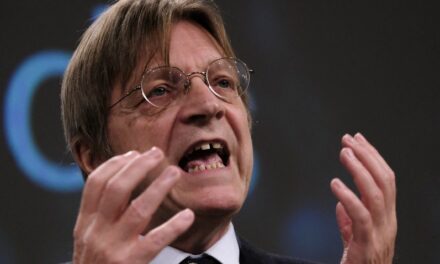It goes without saying: there are five things that make the meeting of the leaders of the EU member states very important for Hungary.
Deep bureaucratic boredom, yet another EU summit where nothing happens, only lip service - the upright citizen may yawn upon hearing the news of the EU summit lasting from Thursday to Friday (but according to waiter sources in Brussels extending even to Saturday).
In general, you would be right, but many of the topics of the December 14-15 summit also directly affect Hungary; it can cut into our flesh, in Hungarian: the game is not for nothing.
It is expected that the most important matter of the meeting will be the issue of our eastern neighbor, including whether the Union will start accession negotiations with Kiev.
At the same time, according to the Hungarian Prime Minister, the Union is about to make a huge mistake, and this must be prevented by all means.
The Hungarian Prime Minister has already explained that there are clear requirements for accession, and there are already conditions for the start of accession negotiations. Ukraine, on the other hand, is not in a state to meet these requirements, and Brussels does not assess the consequences of joining and turns it into a political matter. Before the meeting, Viktor Orbán stated that Hungary would insist that the accession negotiations be removed from the agenda.
Review of the EU budget
it is closely related to Ukraine, since the revision is necessary due to the financing of the 50 billion euro aid package intended for Kyiv. Balázs Orbán, the Prime Minister's political director, stated before the meeting that the EU funding of Hungary and the funding of Ukraine are two separate issues, but if the EU insists that Ukraine's funding comes from an amended EU budget, then the two issues will be linked.
Hungary remains opposed to the entire four-year aid plan and would prefer the EU to provide funding to Kyiv for a single year, without amending the budget. In this case, Budapest would also consider contributing to the package.
Disagreement within the union is significant, but the issue of the Israel-Hamas war also divides the institutions of the European Union.
Ursula von der Leyen, the President of the European Commission, assured Israel of her full support in her speeches. Within the Commission, however, several commissioners and other EU politicians and officials are already more dismissive of Israel. The European Parliament is also divided on the issue, as support for Israel and its cause has strengthened in recent years on the European right, even within its radical camp, and traditional (far) right-wing anti-Israelism seems to be disappearing; until then, anti-Semitism is stronger than ever on the European left.
Our country is one of the last allies of Israel in the EU, so much so that in recent years the Hungarian stance has prevented anti-Israeli decisions in Brussels more than once.
In relation to migration, the European Commission published its proposal on quotas in the summer, and it is expected that there will be heated discussions about the EU's migration policy at the next EU summit. The Hungarian government firmly rejects the EU's use of legal means to transform illegal immigration into legal migration, as well as the distribution of new immigrants already living in Europe among the member states. At the same time, a big question for the meeting will be what position the new European-leftist Polish government will take.
As long as the leadership of the union would accept Ukraine into the community in a roundabout way, it has been keeping other countries, such as Serbia, on the parking lot for decades. According to Hungary's point of view, the enlargement in this way is not even about Ukraine.
In November, Viktor Orbán stated that the expansion of the European Union must take place, as there is a geopolitical hole between Greece and Hungary, and if the EU does not fill this vacuum, it will be filled by someone else. That is why Hungary supports the proposal of the European Commission that candidate countries should enjoy the benefits of membership as soon as possible, even before these states have entered the union.
Cover photo: Prime Minister Viktor Orbán (b) arrives for a two-day meeting of the heads of state and government of the European Union member states in Brussels on December 14, 2023.
From the right, Bertalan Havasi, the prime minister's press chief. Source: MTI/Prime Minister's Press Office/Zoltán Fischer

